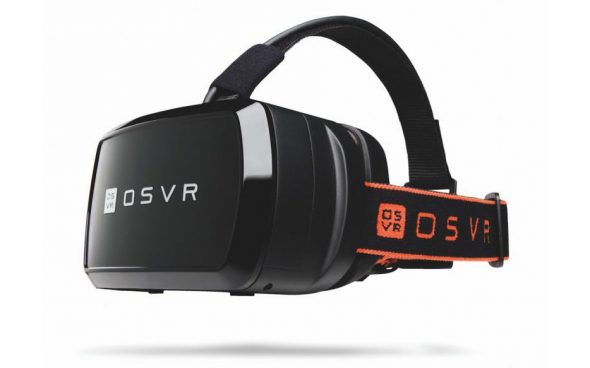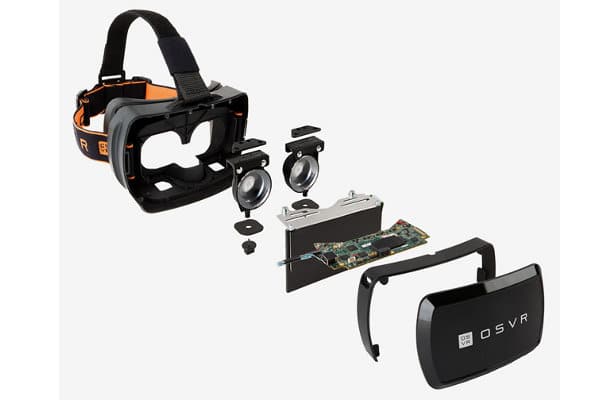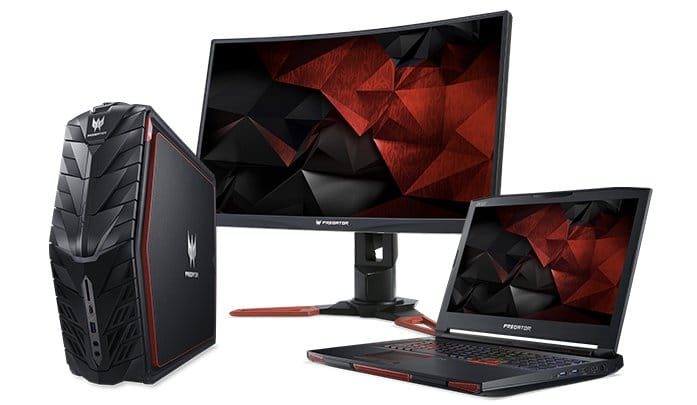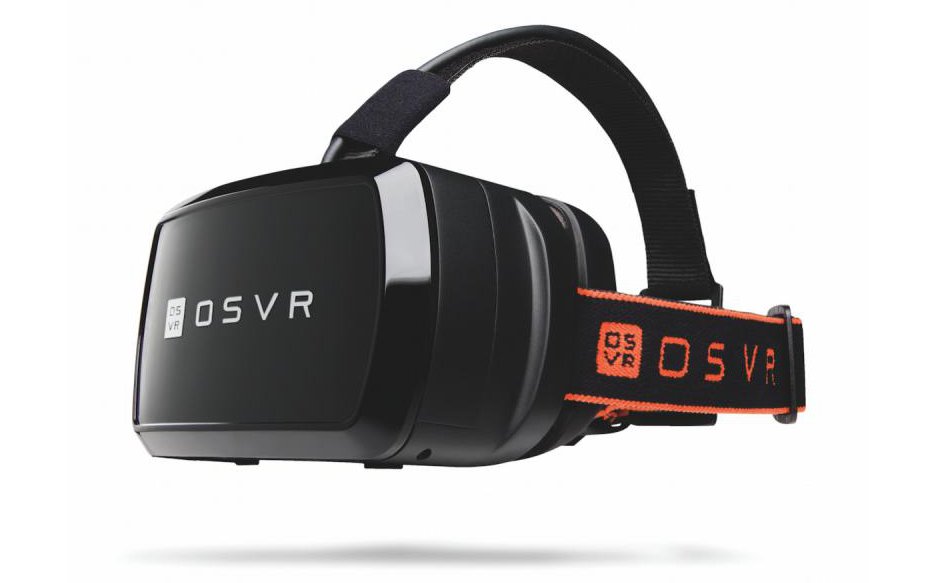
Acer on Thursday hosted the 2016 Global Press Conference in New York City where it formally announced its plans to support the Open Source Virtual Reality (OSVR) platform. The very first VR headset through the community-powered platform was debuted at the Consumer Electronics Show (CES) back in 2015 and is likely to deliver an immersive experience using Acer systems later this year.
Originally developed by game peripheral maker Razer, OSVR is based on open source Apache 2.0 license to let developers and game publishers make 360-degree content for a wide variety of software and hardware. The platform comes in two independent parts — open source hardware and open source software. Acer would make contributions on both the fronts to debut in the emerging world of VR.

“OSVR presents a great complement to our plans for bringing Acer into the virtual reality industry,” says James Lin, general manager of consumer notebooks for Acer, in a statement. “The open-source ecosystem allows VR enthusiasts and gamers to use our products for VR-related experiences without worrying about compatibility with other technologies.”
Acer has additionally unveiled its new Predator series gaming notebooks and desktops that all are claimed to be ready for VR devices, including OSVR, HTC Vive, Oculus and StarVR. The new computing models have NVIDIA GeForce VR-Ready technology to deliver an advanced gaming experience on Microsoft’s Windows 10 operating system.

In addition to Acer, the OSVR collective has over 350 partners on the board. These include some of the industry leaders such as Intel, Leap Motion, Gearbox Software and Sensics among various others.
The platform is touted as an “open source platform where all participants within the VR industry — users and makers of peripheral devices, games, applications and supporting software and hardware — are unified, collaborating and innovating.” The first headset was provided to the initial list of developers as a “hacker development kit” for $300. However, manufacturers can use the available resources through the OSVR collective to develop their in-house hardware.
OSVR isn’t the only open source initiative for the VR world. Earlier this year, Facebook announced its Surround 360 as its first open source “3D-360 camera system”. This will be available for VR content development at an expensive price of $30,000.
















































































